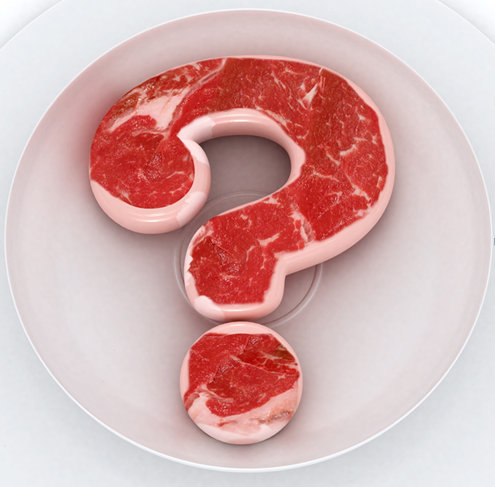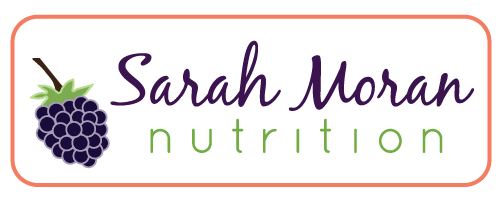Should You Go Paleo? Part 1
/First, let me start off by saying that this post is way overdue. I have had a lot of thoughts about the Paleo diet for a while now, but it can frustrate me so much that it's hard for me to sit down and get it all out in writing. There are several issues concerning the Paleo diet that irritate me, and I bet it's not what you're thinking.
In Part 1, I'll explain what the Paleo diet is and talk about some of the incorrect information that's floating around. 
Note: I made a video to accompany this post as well since I think it's an important enough topic to address both here and on YouTube. If you're the type who would rather watch than read, scroll down to the bottom of this post for the video.
What is Paleo?
The Paleo diet is based on the premise that the healthiest way for us to eat is the way our ancestors ate thousands of years ago, before the advent of modern agriculture. This means no to processed foods, sugar, grains, legumes (aka beans), or dairy and yes to wild and pastured meats, vegetables, nuts, seeds, and fruits. This is all according to Robb Wolf, a leader in the Paleo community. I don't necessarily agree with everything he says, but I think he gives a good breakdown of Paleo from the perspective of the Paleo enthusiast.
Comments from the uneducated.
I am sick and tired of listening to and reading criticism from people who don't even know what the Paleo diet is! Maybe it's that fact that there are so many diets out there, nutrition and health professionals can't keep up with it. Or, maybe it's the fact that it's assumed that every dietitian is an expert on every nutrition topic or issue. Either way, there are tons of quotes out there from people who simply don't know what they're talking about. I read one just yesterday that said the Paleo diet included whole grains, which is just plain wrong!
The main criticism I see is that it's just too hard to follow and that this is reason enough to discount it. Difficulty is relative and should not be the sole reason to agree or not agree with a particular style of eating. A diet that doesn't include a McDonalds hamburger twice a day might be "too hard to follow" for some people out there, but that doesn't mean we shouldn't recommend that they break the habit.
Followers who don't understand it.
I see lots of people who are supposedly following the Paleo diet, but then their food choices show that they don't have all the details. For example, the meats eaten are supposed to be wild (like our ancestors would have had) or grass-fed. This is one point that many people seem to miss. Every time I see a picture of someone gorging on factory-farm, highly processed, nitrate laden bacon with #paleo in the caption, I cringe. Quality matters and you should choose meat that comes from properly raised animals and not from a CAFO (Concentrated Animal Feeding Operation). Also, have your bacon, but have it in a reasonable portion. The pig is only partly bacon, and our ancestors would have eaten all of the other parts as well.
[x_video type="16:9, 5:3, 5:4, 4:3, 3:2" m4v="" ogv="" poster="" hide_controls="" autoplay="" embed='' no_container="true"]
Stay tuned for Part 2 for my thoughts on the diet itself and whether or not it's something we should all consider.
What have you heard about the Paleo diet? Do you think it's explained well in the media? Share in the comments below!
